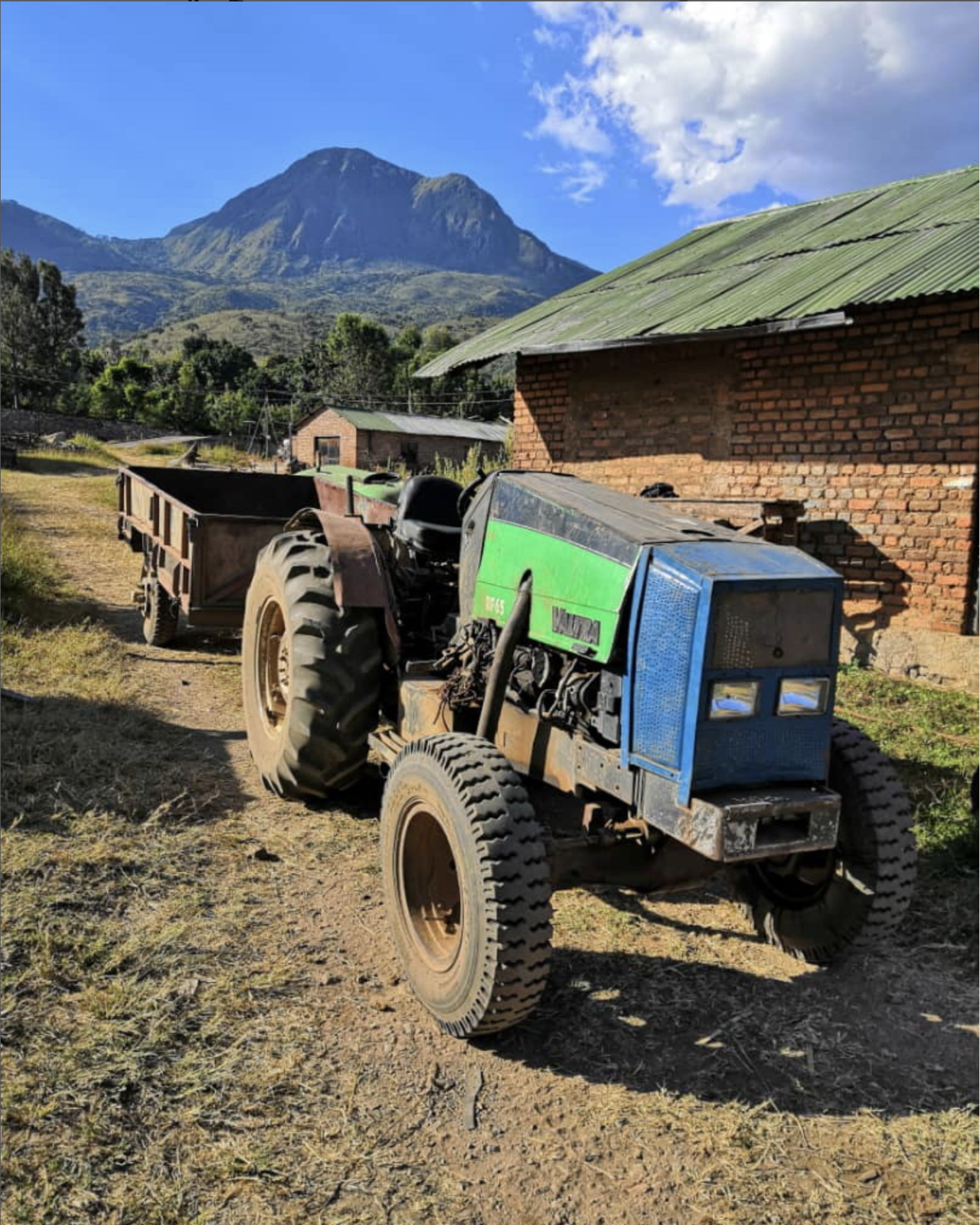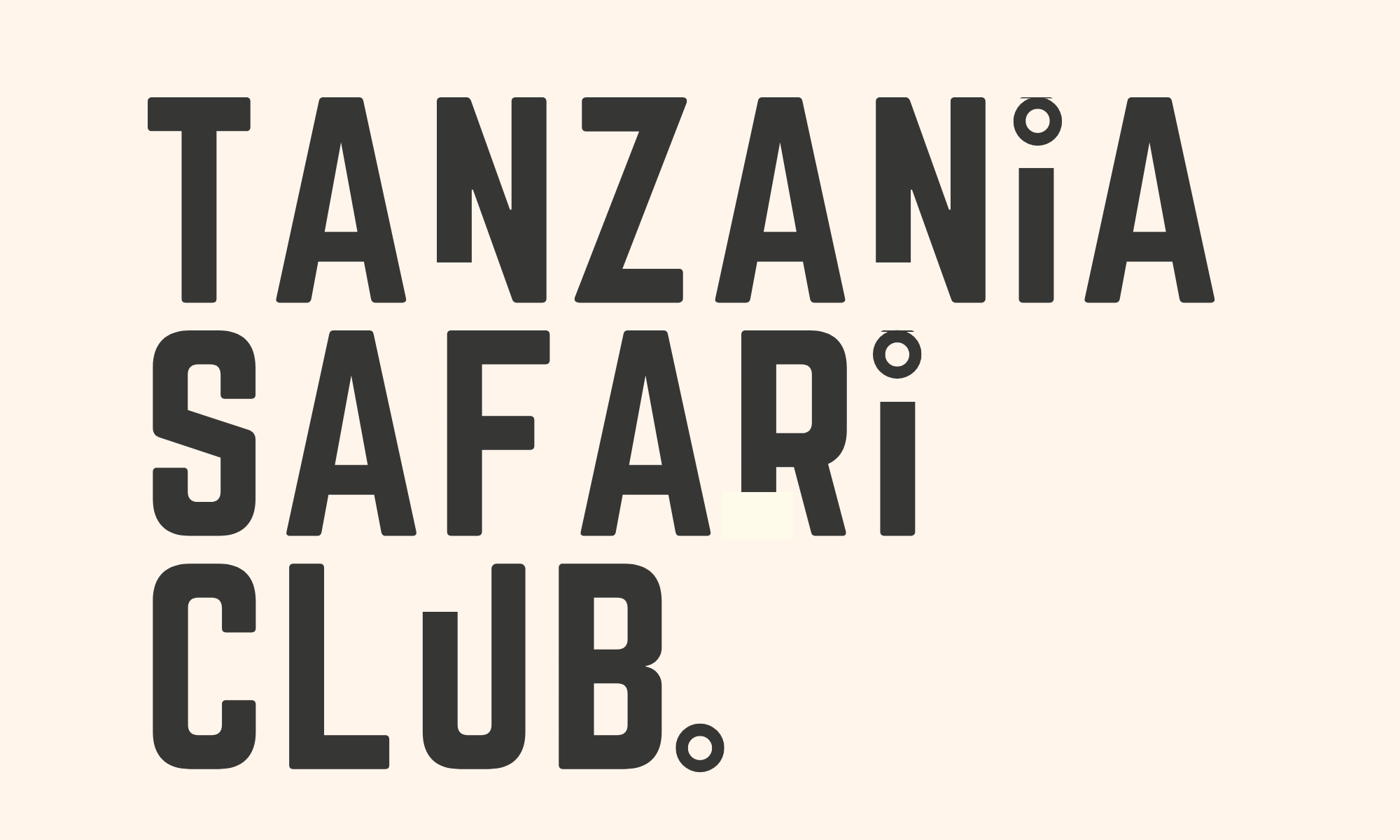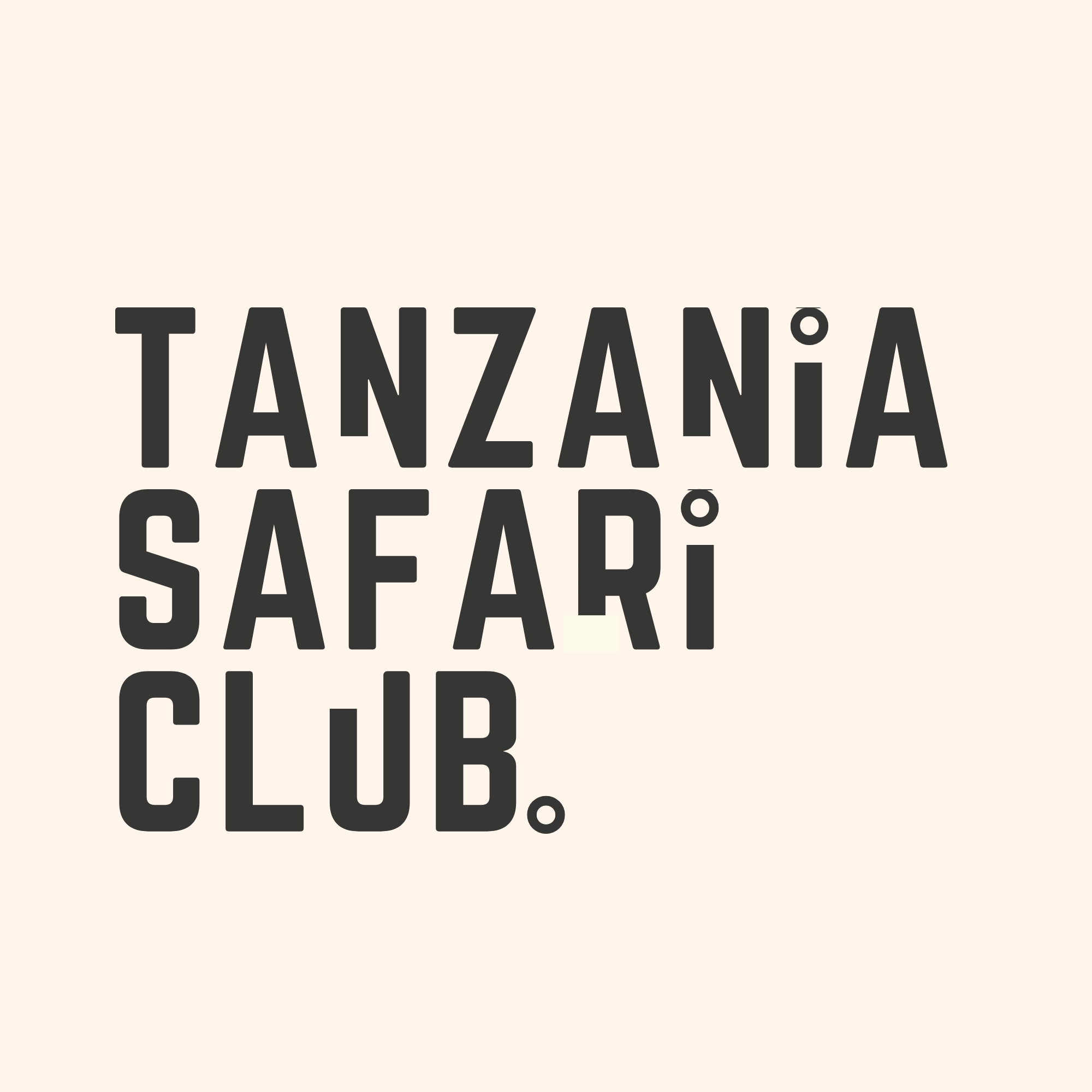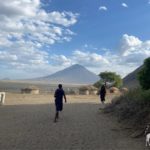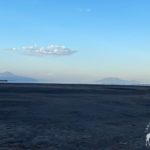Tanzanian Coffee is some of the finest brewed beans on earth. Coffee production in Tanzania is a huge part of the country’s economy, and it is the largest exported crop. Whenever you travel on safari, you are in very close proximity to the production zones; particularly in the surrounding areas of Arusha, and the lands around Mount Meru.
There are 9 main coffee growing regions in Tanzania:
- Arusha/ Kilimanjaro/ Mount Meru
- Iringa
- Kigoma
- Matengo Highlands
- Mbeya
- Mbinga
- Morogoro
- Ngara
- Usambara Mountains.
Production from these regions are between 30,000 and 40,000 metric tons a year. 70% of which is made from Arabica beans and 30% Robusta beans. There are, however, pockets and independent farms that grow other beans such as the premium Blue Mountain beans from Jamaica. Harvest of Tanzanian coffee is traditionally between October and February
Table of Contents
The History of Tanzanian Coffee
Tanzania, like all Subsaharan African countries, has a complex history of settlers and colonisation which changed the course of the nation forever. In the late 19th century, German colonists found the land laden with Coffee which, as it is today, was a valuable commodity. In the early 1900s (1911) the German administration mandated the growth of Arabica coffee trees throughout the Bukoba regions and controlled the cultivation of the crops. They made access to the seeds easy to encourage more farmers to grow their valuable coffee. The German occupiers took Coffee cultivation to the north near Arusha and Kilimanjaro too.
After the first world war, it was the British who took over and accelerated the growth of Tanzanian Coffee via a campaign of land reforms. The spread of coffee throughout Tanzania was partly accelerated by the new British railway network. In 1925 the Kilimanjaro Native Planters’ Association (KNPA) was formed and helped to start the process of obtaining better prices for the farmers. In 1925 the Kilimanjaro Native Planters’ Association (KNPA) was formed and it was the first of many coffee cooperatives formed in the country, formed to help farmers obtain a better price.
Even today, 90% percent of Tanzanian Coffee farms are small independent firms, with the remainder being made up of plantations and industrial coffee farming. Since 1990, the cooperative unions are responsible for marketing and exporting coffee outside of Tanzania. This ensures that each farmer, no matter their size, can compete and participate in the coffee industry.
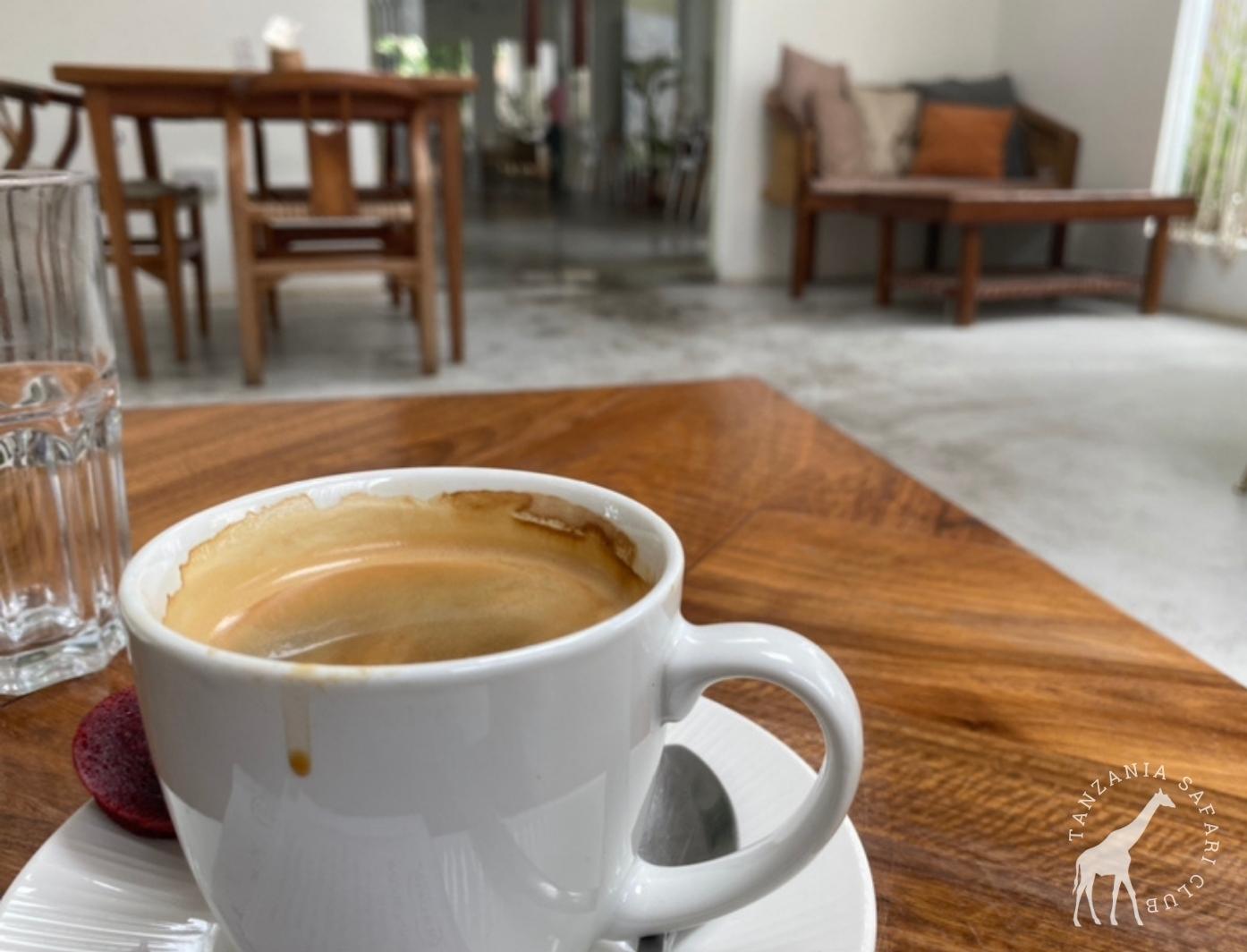
How Does Tanzanian Coffee Taste?
East African coffee in general has a very unique quality caused by the high altitudes and climate. Usually, much like Kenyan Coffee, Tanzanian coffee is bright, rich in flavour and has wine-y acidity which is what makes African coffee blends so sought after.
Tanzania is considered to have the finest medium roasted coffee on earth – yes, even compared to Kenyan Coffee. Medium roasted Tanzanian coffee beans have an intense, creamy creme, a full-flavoured body and berry notes. Compared to Ethiopian coffee, Kilimanjaro coffee is softer with more floral, delicate profiles of flavour. Meaning that to many, Tanzanian coffee is much preferred to other East African coffees.
Dark roasted Tanzanian Coffee has a unique deep, rich flavour of chocolate, cream and dark fruits. This bean is much more suited to those who like a rich, peppery, strong coffee; similar to those produced in Columbia. While the depth of flavour is there, the dark roasted coffee has much less caffeine than medium roasted coffee.
Coffee Tours
Since Coffee is what Tanzania does best, it would be a shame not to visit some of the famous coffee plantations around the Arusha area. Whether you are traveling to the North of Tanzania to pass through or to see the big 5, then you’re not too far away from a coffee tour.
The North has some of the most well-known coffee tours in Tanzania, and accommodations situated among the coffee bushes themselves. From the extremely well known Gibbs Farm to the Arusha coffee lodge.
A lesser-known Coffee region is Mbeya – this remote and monotonous region of Tanzania sits on the Malawian border and host some spectacular views, many of which can be seen from the coffee plantations themselves.
The owners of Lunjo Coffee farm are extremely lucky to be able to sip their homegrown coffee and look out over the beautiful vistas of the Mbeya highlands. Coffee tours here include trekking, exploring the farm lands and of course, sampling all of the coffee the farm has to offer.
